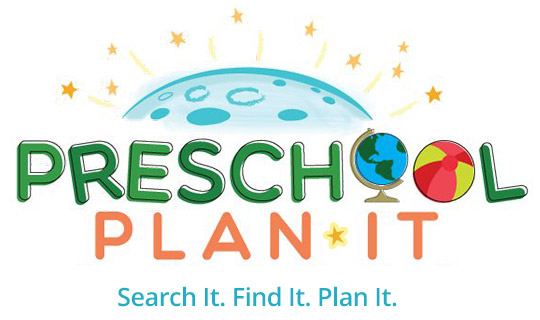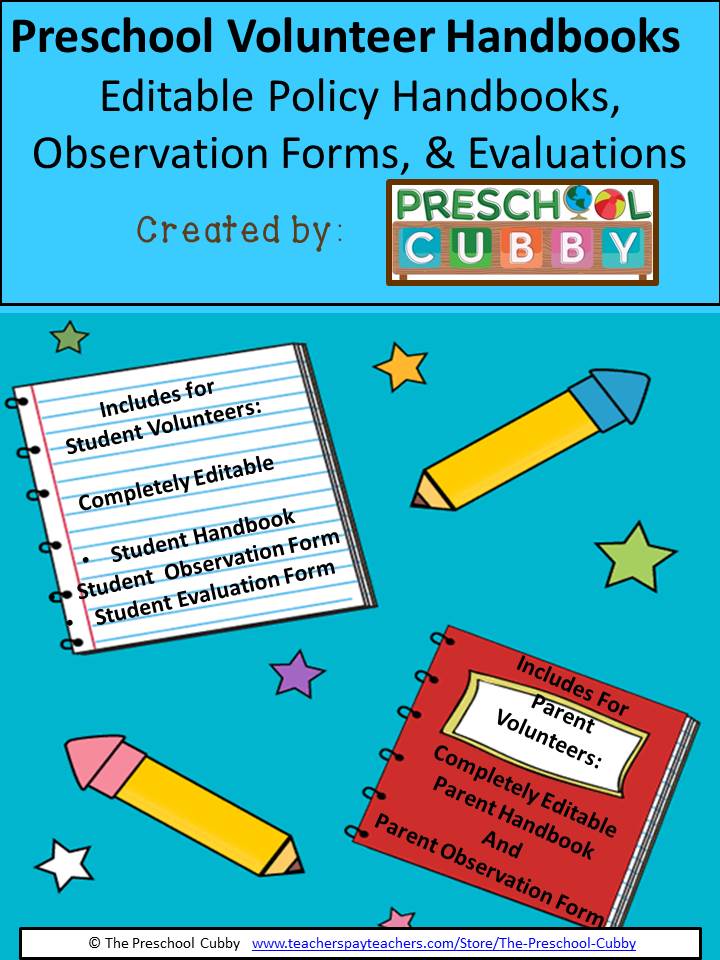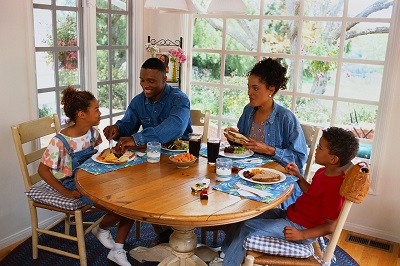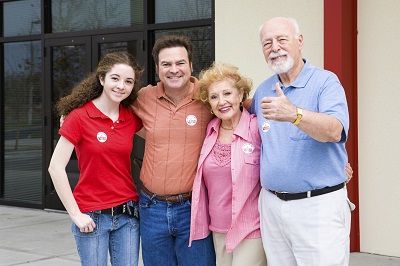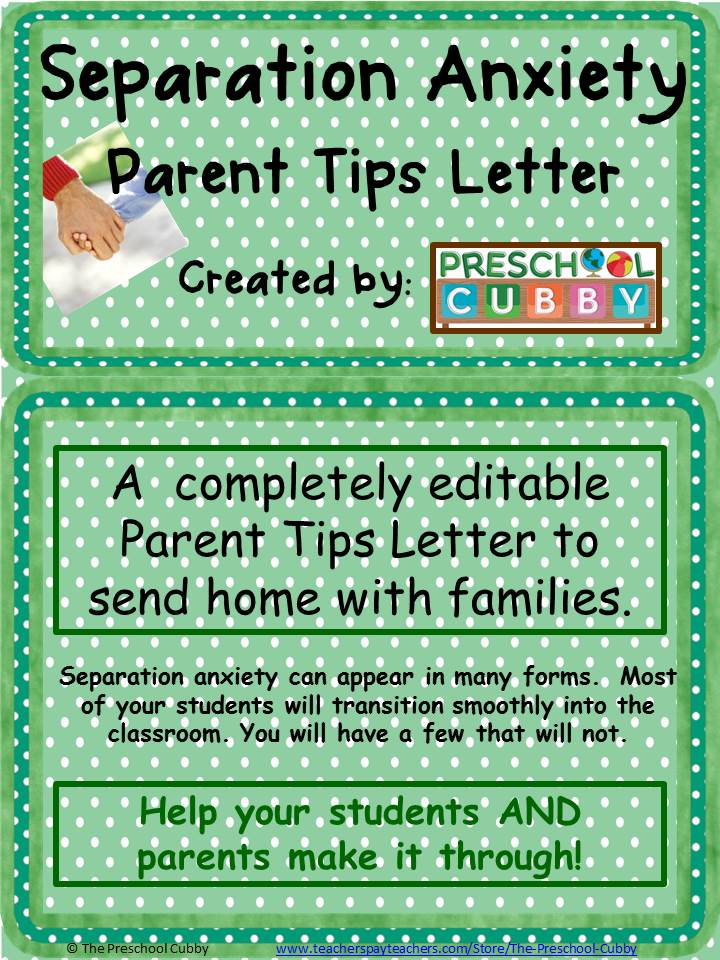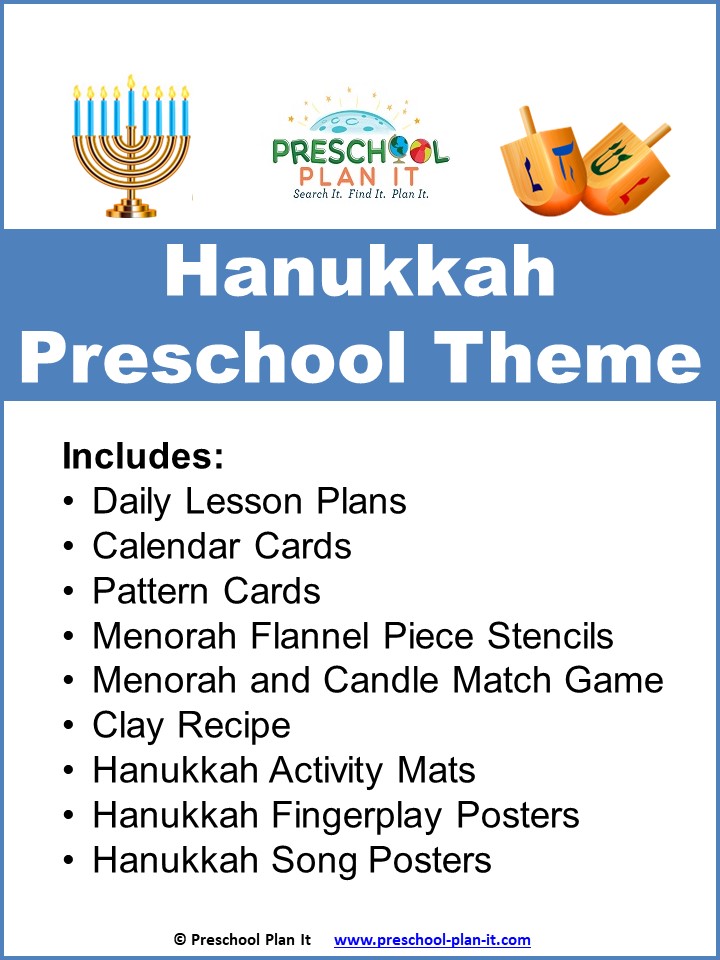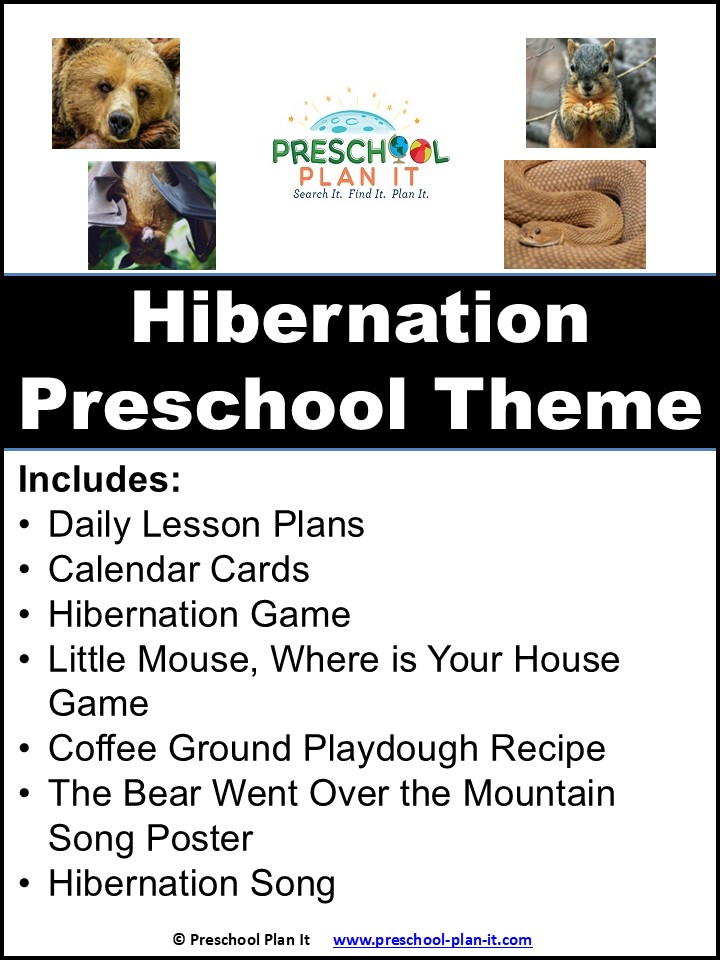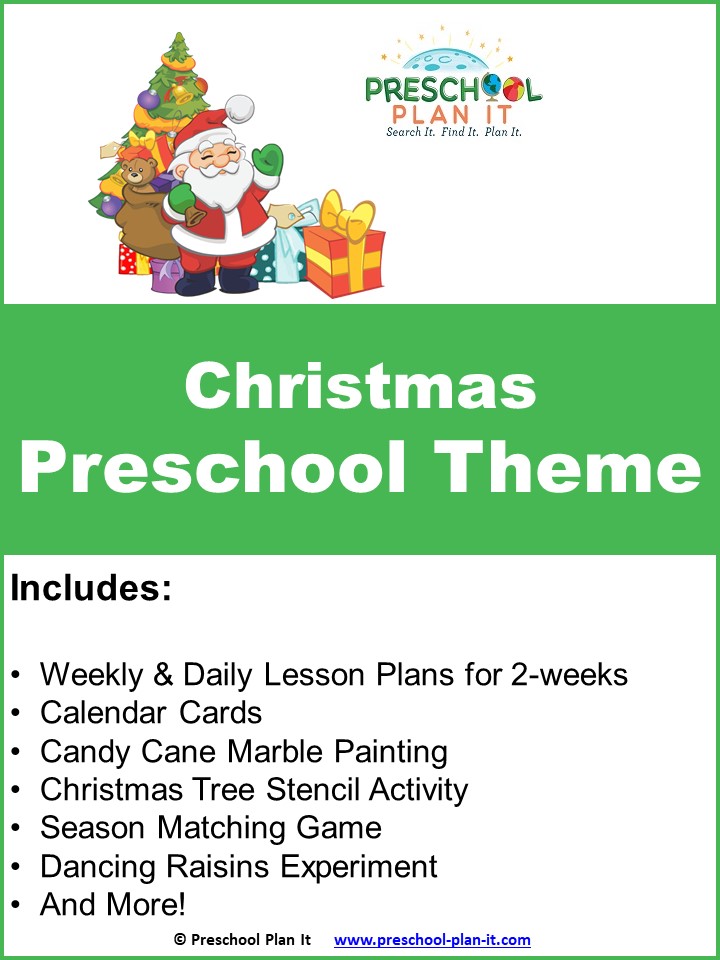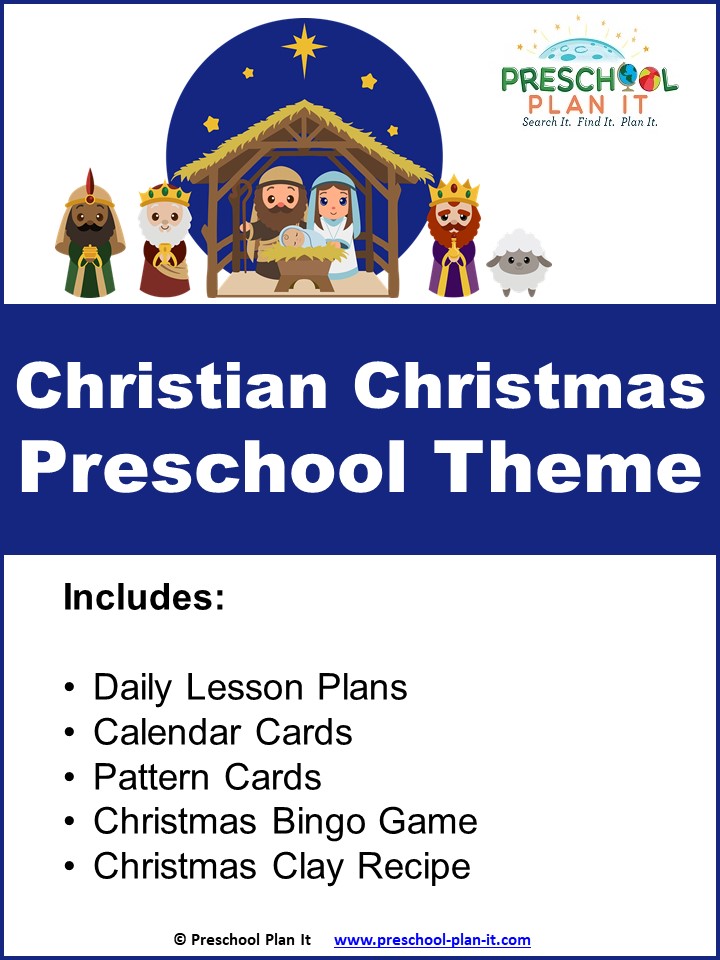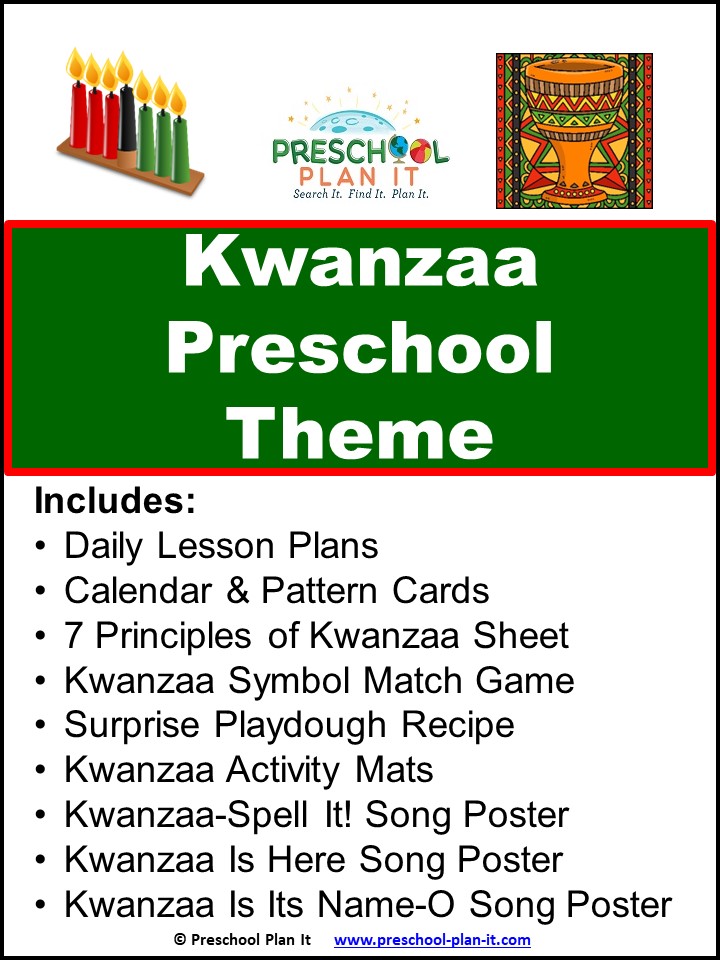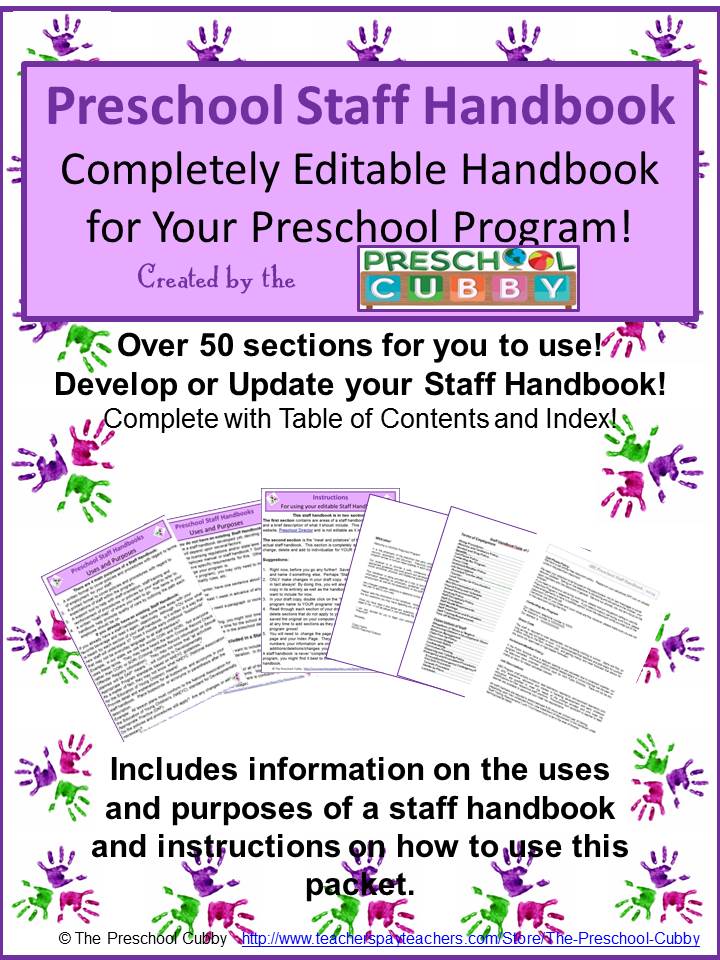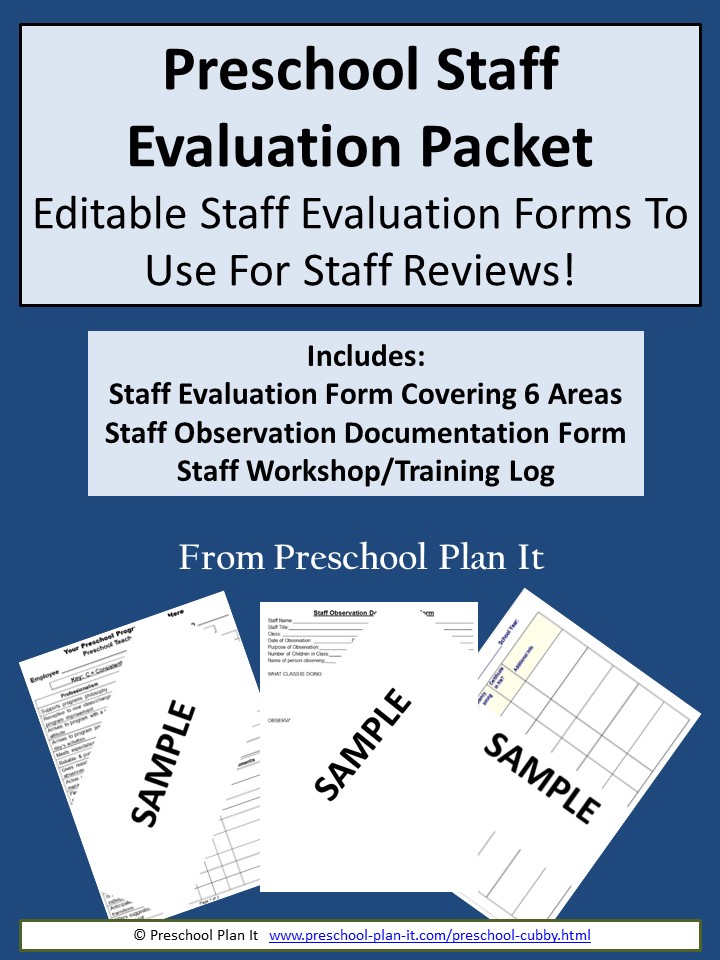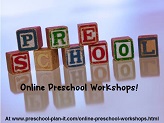- Theme Packs
- Themes
-
Preschool Planning
- Preschool Teachers
Parent Observations For Preschool Parent Volunteers
Parent observations are important once they have volunteered in your classroom.
We've talked about Parent Volunteers in the classroom here.
We've talked about how to develop a Parent Volunteer Handbook.
Once you've had a parent help in the classroom, it's time to assess- Did it work out okay?Let's talk about parent observations and using an observation form.
Observe Your Volunteers!
I use a parent form to write down observations and thoughts I had regarding the volunteer's interactions. It is important that you and other staff members do this the same day as the parent volunteer experience while it is fresh in everyone's minds.
Having observations written down help you in many ways.
- You can consider gifts the parent has that can be utilized more in your classroom.
- They might point out areas that require clarification or further training for your volunteers.
- They will serve as a reminder as to whether or not the experience was positive for your staff, the parent and the children (including the parent's child).
- You will have documentation of being in compliance with regard to staff rations.
Also, it is important to remember to thank the parent for helping, regardless of how it went. Also, I always make it a point to thank the child for sharing their Mom, Dad, etc.
Discuss, briefly, any issues that came up (remember, their child is there as well, so a full de-briefing is not appropriate at this time).
What to Include on a Parent Observation Form
In order to utilize the observation forms in the future for planning out volunteers, it is important that your forms include the information you will need later.
Some basic information to have on the forms are the Parent's name, their child's name, the date, number of children in the class and the name of the person(s) filling out the observation form.
You will then want to add questions that will help you when reviewing these forms in the future such as the child's reaction to having their parent in the class; the parent's role in the classroom; their interactions with the children, and any concerns you might have had.
My EDITABLE Volunteer Resource Pack contains observation forms already created for you and much more!
Click here to check it out!What if it Didn't Go Well?
After reviewing the parent observations and talking with the staff, you may come to the conclusion that it just did not work out for the parent, child or teacher. Keep in mind that not all volunteers will work out, for different reasons.
- Some children may not separate well from their parent.
This does not allow the volunteer to work with the other children. If this is the case, let the parent know! Meet with the parent, let them know what went well, what you appreciated.
And, yes, let them know that they were a great help, however, it would be best for them to volunteer again at a later time when their child's separation anxiety is not so high.
- Some parents may not separate well!
They may not have the ability to separate their "home" rules from the "school" rules. I've seen this happen a couple of times. Some parents have much higher expectations of their children when they are in the classroom.
They become embarrassed if their child snatches a toy form another child and immediately yells at them and puts them in a time out.
Our rules are to intervene and use that opportunity to teach problem solving skills.
- Some parents allow their child to "get away" with things that are in conflict with classroom rules.
For example, when their child snatches a toy from another, they may tell the other child, "_____ is just tired today. Just let him have that toy for now."
These are situations that are tough to deal with at the moment and later on with the parent!
I have, in this latter situation, approached the parent (away from the children) and let them know how we handle this type of situation in the classroom and ask her to re-address it with her child.
If she is not comfortable doing that, I will approach her child and intervene. I will begin that conversation with the child by saying, "Your Mom and I were just talking about our classroom rules about taking turns."
The child now sees the parent and teacher as being on the same page. I then continue discussing what happened, and help him to develop problem solving skills for this situation.
This is a learning situation for parents as well as for the children.
Parents can learn a lot by seeing you model positive guidance techniques.
I find this is why it is so very important to meet with parents before they volunteer in the classroom and specifically speak about what your classroom behavior guidance methods are and that they should defer them to you, even when it includes their own children!
Parent Observations: Discuss the Experience!
It is very important that you follow up with a parent regarding their experience in the classroom, either in person the next school day or on the telephone.
Ask how they felt the morning went? What did they enjoy? What was difficult for them?
Let them know what you enjoyed about them being in the classroom. Share a couple of instances from your parent observations form that you or a teacher observed that were cute or funny. Discuss any situations that seemed tense and what might have worked better for them.
It's a Good Thing!
Whether the parent's volunteer experience worked or not, everyone learns from it so it is a good thing! And keeping parent observations on file will help to have these conversations with parents.
Here are more pages you may be interested in:

Go to the Preschool Director Home Page

Go to Preschool Plan It's Home Page



Hey there! Welcome to Preschool Plan It! I’m Cheryl, a preschool teacher of over 20 years.
I KNOW, I know, you spend hours of time developing your preschool themes, activities and preschool lesson plans each week. You are commited to planning preschool themes and activities that are engaging hands-on, interactive, fun AND meet the goal of supporting each child’s level of growth and development.
I am commited to providing you, the preschool teacher, with everything you need to develop preschool lesson plans and preschool activities for your classroom all in one place!
READ MORE
Join My Free Preschool Teacher Tips Newsletter
You’ll receive a weekly email with planning tips and teaching ideas.
You'll also receive (on the 1st of each month) a free theme starter pack with some printables and activity ideas to get you started planning a theme!Join Now and Get Your First Theme Right Away!
© Copyright 2010-2025 Preschool-Plan-It.com | All Rights Reserved | Privacy Policy & Disclaimer
- Preschool Teachers
